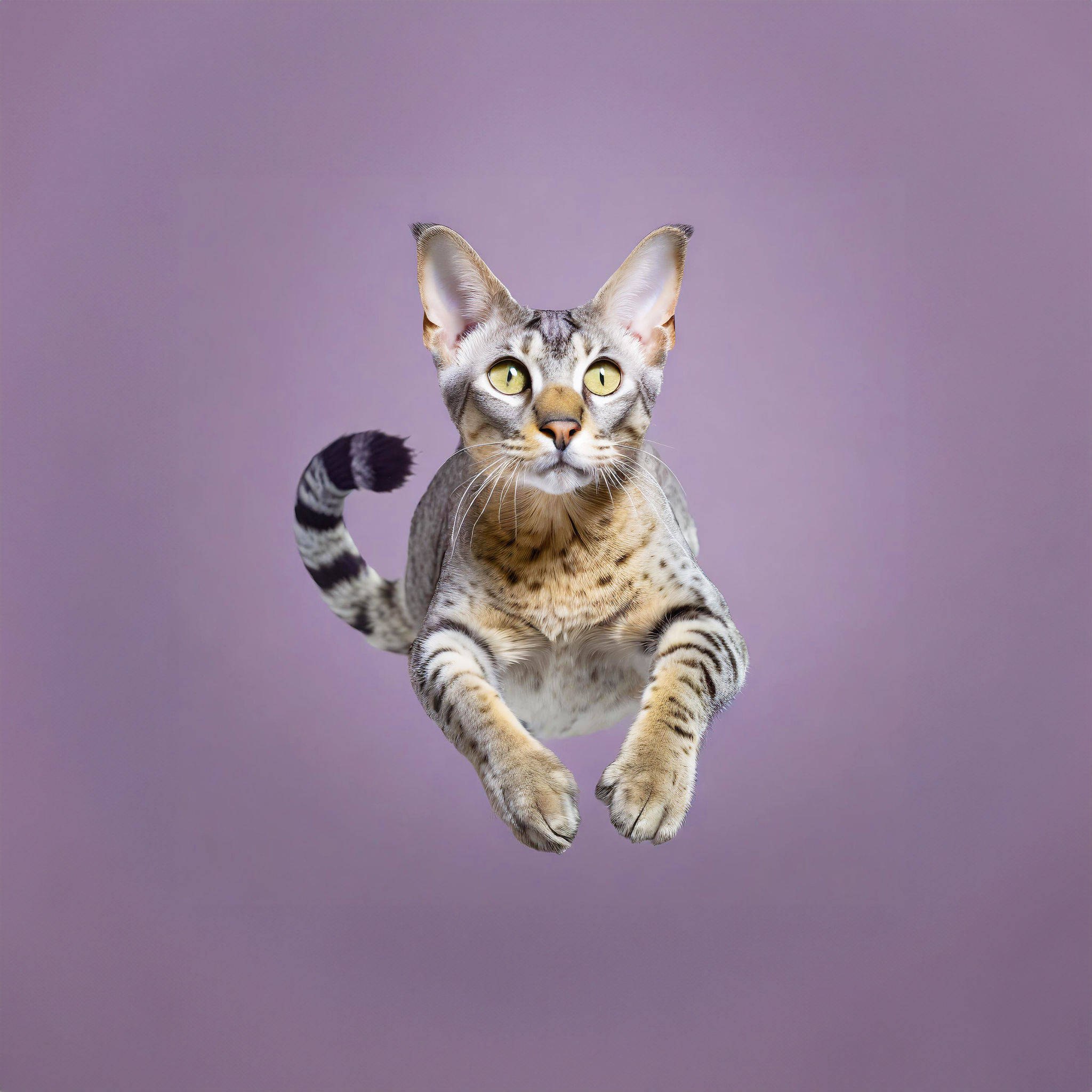Every cat is unique, therefore, when selecting food for our feline companions, it’s vital to consider their individuality, including age, lifestyle, and overall health. Kittens, with their growing and energetic nature, require a different nutrient balance compared to less active, older cats.
Opting for high-quality cat food is essential to providing a balanced diet for our beloved companions. However, ensuring the ideal body condition also involves feeding the right amount and frequency. Consulting a nutritionist for dietary guidelines and personalized recommendations is highly advisable.
Given the active disposition of the Egyptian Mau, a diet rich in protein is preferable to meet their energy requirements. Protein sources like chicken, turkey, or fish are excellent choices for fulfilling the needs of these energetic family members. Maintaining portion control is essential, despite the allure of free feeding. Keeping the Egyptian Mau at a healthy weight is crucial for their well-being. Portion sizes can be determined based on individual needs, ideally with guidance from a nutritionist.
It’s important to be mindful of potential allergies or intolerances to certain ingredients. Observing reactions to different foods and promptly consulting a veterinary nutritionist if allergy-related symptoms arise is imperative. By providing a well-balanced diet tailored to the Egyptian Mau’s specific needs, we can ensure they lead a vibrant, content, and healthy life.

